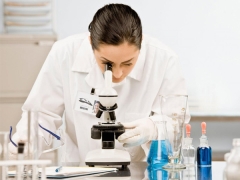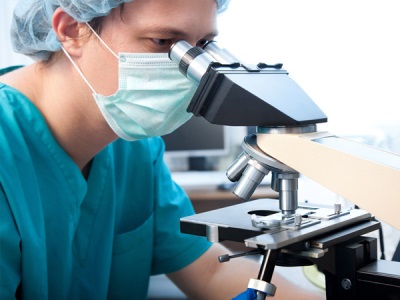Analysis of feces for carbohydrates in infants
In infancy, there are often problems with digestion, to determine the reasons for which the children are assigned to different studies. One of them is the determination of carbohydrates in the fecal masses of the infant.
What is it?
Such a study is intended to reveal in the child’s fecal masses sugars that have the ability to regenerate copper. Such carbohydrates are lactose, maltose and galactose, as well as glucose and fructose. In the feces of a child, lactose and its cleavage products (galactose, glucose) are mainly detected.
The analysis allows you to determine whether the baby's processes of splitting, as well as carbohydrate absorption, are disturbed. The study is also called the Benedict method.
Indications
The main indication for the appointment of such an analysis of feces is the suspicion of development in infants. lactase deficiency. The study is indicated for flatulence, abdominal pain, frequent regurgitation, diarrhea, poor weight gain, and other symptoms of lactose absorption disorders.

Training
Feeding the child before the analysis should be normal, so as not to get a false-negative result. In the laboratory should provide feces in the amount of at least one teaspoon within 4 hours after collection. It is collected after natural emptying into a clean container, the lid of which is tightly closed.
The best option is a sterile plastic cup, which is sold in a pharmacy. Such a glass has a spoon, which is very convenient, since usually children with a liquid stool are sent for examination.
It is impossible to collect fecal matter from a diaper or from a tissue diaper, because it is the liquid part of the stool that is needed for the examination. It is best to put the infant baby on a clean oilcloth, and then collect a little feces with a spoon in a container for analysis. Feces can be collected from the pot, but before that the pot should be washed well with soap and water and boiled water.
Where to take the analysis?
The research is conducted in both public and private laboratories. Usually the result is given in 2 days.
Values of norm and decoding
The carbohydrate content in the feces is determined as a percentage. The normal rate for infants from 0 to 12 months is 0-0.25%.
All results above 0.25% are abnormal, with the deviation considered insignificant when the result is 0.3-0.5% and the average - with the result from 0.6% to 1%. If the carbohydrate content in feces is more than 1%, such a deviation is called significant.
Causes of deviations
Increasing the amount of carbohydrates in feces is characteristic of lactase deficiency, as well as disorders in the absorption of other sugars.
The analysis may be false positive if the child took ascorbic acid, salicylates, antibiotics and certain other medicines. The study can also give a false negative result if the child was given a low-lactose mixture before the analysis.
In case of low or medium deviation of the result of the analysis from the norm, the child should be monitored and, over time, another study should be appointed, as well as a test for acidity. With a carbohydrate content of more than 1% and the presence of a clinical picture, the crumbs are diagnosed with lactase deficiency and appropriate treatment is prescribed.
Opinion E. Komarovsky
A popular pediatrician does not recommend conducting such a study to children who have no clinical picture of lactase deficiency. The result of the analysis in the absence of digestive disorders, even if he identified deviations from the norm, according to Komarovsky, is not a reason to make a diagnosis of “lactase deficiency” and prescribe treatment.








